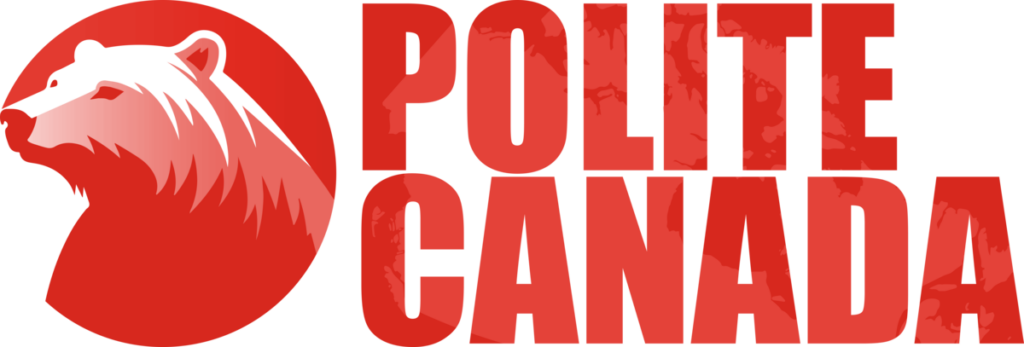In 2020, the British Columbia government unveiled its ambitious plan to establish 15 First Nations Justice Centres across the province. Currently, BC boasts nine Indigenous Justice Centres, with the latest facilities in Kelowna, Nanaimo, Surrey, Vancouver and Victoria complementing the existing ones in Chilliwack, Merritt, Prince George and Prince Rupert. Notably, the funding for the additional virtual justice centre is entirely separate. Striving to meet this goal, dedicated efforts are underway to complete the construction of the remaining six IJCs by 2024.
Indigenous people anywhere in BC can connect with a lawyer through the Virtual Indigenous Justice Centre by calling 1-866-786-0081 between 8:30 a.m. to 4:30 p.m. Monday through Friday.
The Indigenous Justice Centres serve as vital community hubs, extending support to all individuals identifying as Indigenous and ineligible for legal aid. Their comprehensive services encompass assistance in criminal and child protection cases, as well as facilitating access to essential support services, such as housing, diversion programs, safety measures, treatment options and restorative justice programs. These programs actively address the underlying factors contributing to an individual’s involvement with the ministry or law enforcement. Moreover, IJCs also function as platforms for fostering broader discussions concerning the transformation of the justice system. Here, communities can unite to determine local priorities and directions, whether entailing innovative conflict resolution approaches or asserting sovereignty over their legal affairs.
In circumstances where smaller and more remote communities face difficulties due to geographic isolation, severe weather conditions, or limited internet infrastructure, the Integrated Justice Centre (IJC) concept emerges as a crucial solution. IJCs can either operate as satellite locations for larger IJCs or function as mobile units reaching out to remote communities. Committed to this cause, the British Columbia First Nations Justice Council (BCFNJC) collaborates closely with Indigenous Nations to devise effective strategies.
British Columbia Premier David Eby affirms that the establishment of five new Indigenous Justice Centres in the past year signifies a significant step toward improving the provincial justice system for Indigenous communities. The services offered by IJCs encompass legal counsel, representation, advocacy and support when interfacing with agencies such as the police and the Ministry of Children and Family Development. Additionally, IJCs provide referrals to various services, including counseling and employment support, along with restorative justice alternatives. The government has fostered a robust partnership with the Indigenous-led B.C. First Nations Justice Council to collectively implement the justice system reforms envisioned by Indigenous communities.
Indigenous individuals, constituting approximately five percent of British Columbia’s population, unfortunately represent around 30 percent of those incarcerated in provincial jails. Premier Eby acknowledges the imperative to rethink the existing approach to break the cycle where Indigenous people, comprising just five percent of the provincial population, constitute 30 percent of the incarcerated population. He asserts that the province, in close collaboration with the First Nations Justice Council, is actively working towards building safer communities and catalyzing transformative changes in the lives of Indigenous individuals.
Premier Eby underscores that enhancing the safety of British Columbia’s communities entails addressing the root causes leading individuals into conflicts with the law and their neighbors. He emphasizes, “A lifetime spent in and out of jail does not contribute to anyone’s safety.”
Kory Wilson, Chair of the B.C. First Nations Justice Council expresses astonishment at the expansion of Indigenous Justice Centres into more communities. He highlights that these centers have hired lawyers, outreach workers, First Nations elders and knowledge keepers, all dedicated to serving the people within these centers.
According to Squamish Nation spokesperson Wilson Williams, the Musqueam, Squamish and Tsleil-Waututh Nations, on whose lands Vancouver is situated, historically administered their own legal traditions before the colonial era. Williams further emphasizes that these justice centers will be reflective of the respective nations’ traditions and protocols. Welcoming the establishment of the new centers, Squamish Nation spokesperson Wilson Williams states, “The IJC will serve Indigenous people appropriately, addressing the root causes that necessitate legal support and services, with the ultimate aim of preventing encounters with the colonial justice system in the future.”
Source: BC First Nations Justice Council

